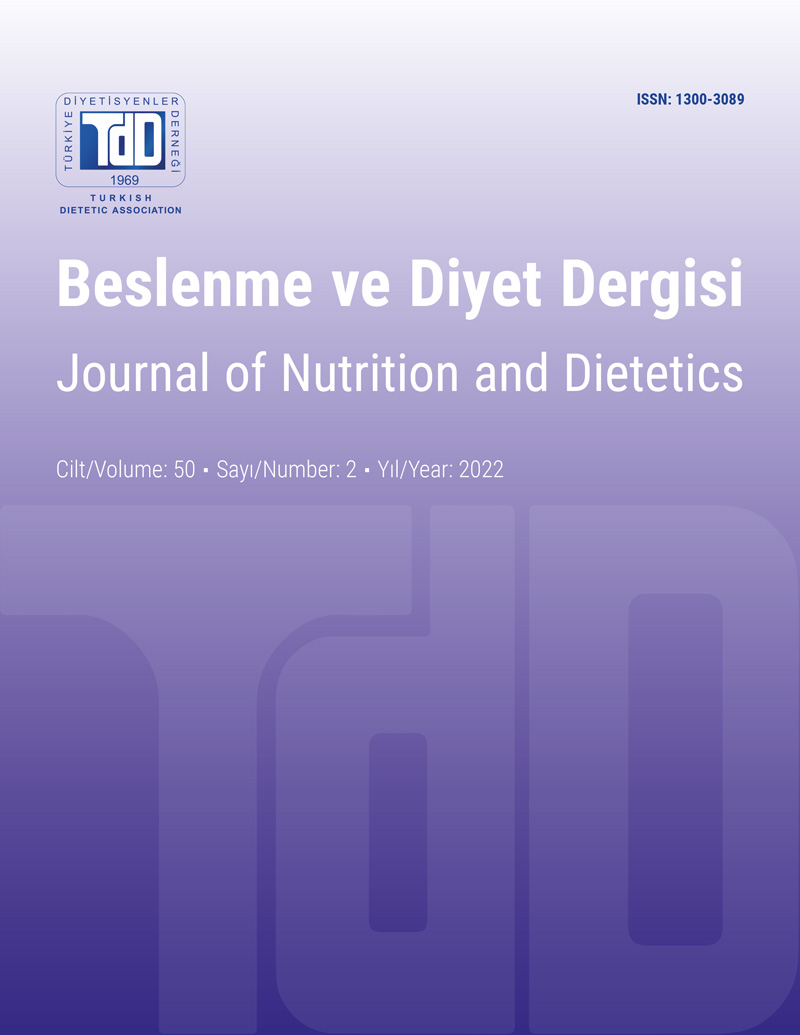The Effect of Polyphenols on Advanced Glycation End Products Formed in Foods
DOI:
https://doi.org/10.33076/2022.BDD.1554Keywords:
Advanced glycation end products, maillard reaction, polyphenol, antioxidantAbstract
Advanced glycation end products (AGE) are formed endogenously in the body, while exogenously they are generally formed in heat-treated foods. Due to the increase in processed food consumption in recent years, AGE intake has also increased. Many factors such as the composition of foods, moisture, pH, preparation stages, and cooking methods directly or indirectly affect the formation of advanced glycation end products. The amount of AGE in foods is reduced by increasing the antioxidant capacity and acidity (adding lemon juice, vinegar, etc. to foods) and, appropriate cooking methods. Polyphenols may reduce the formation of advanced glycation end products by preventing the addition of sugar to proteins, glycoxidation, and free radical formation.Today, the use of plant extracts, which are natural source of advanced glycation end product inhibitors, is increasing due to the side effects of synthetic advanced glycation end products inhibitors. Reducing the consumption of foods containing advanced glycation end products in the diet can be effective approach to prevent the accumulation of advanced glycation end products in the body. The aim of this review is to examine the formation of advanced glycation end products, their mechanism of action, and the effect of polyphenols on advanced glycation end products formation in foods.

